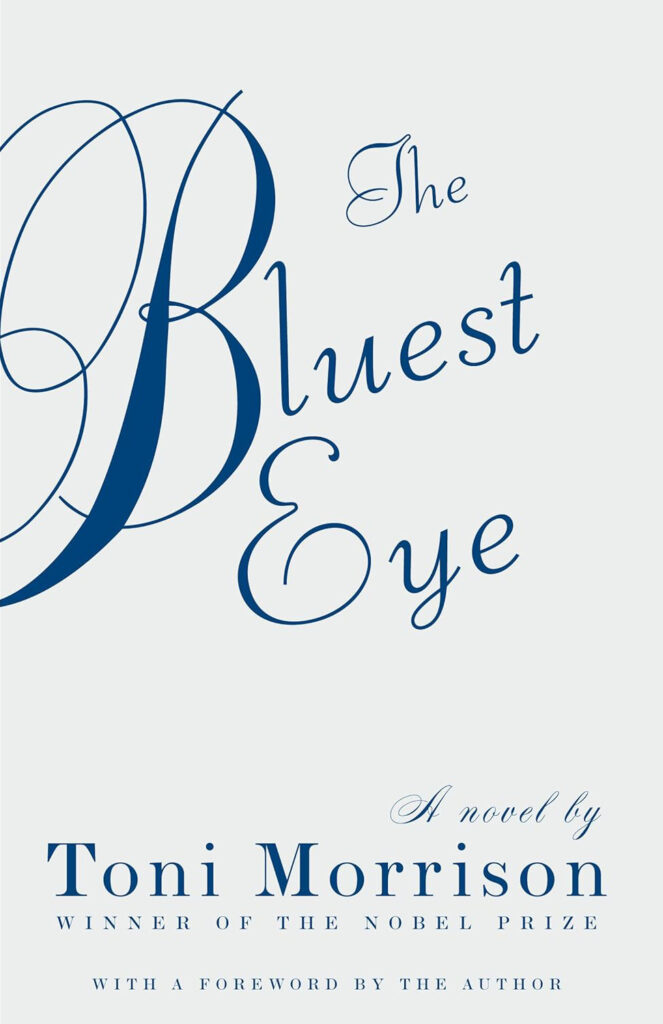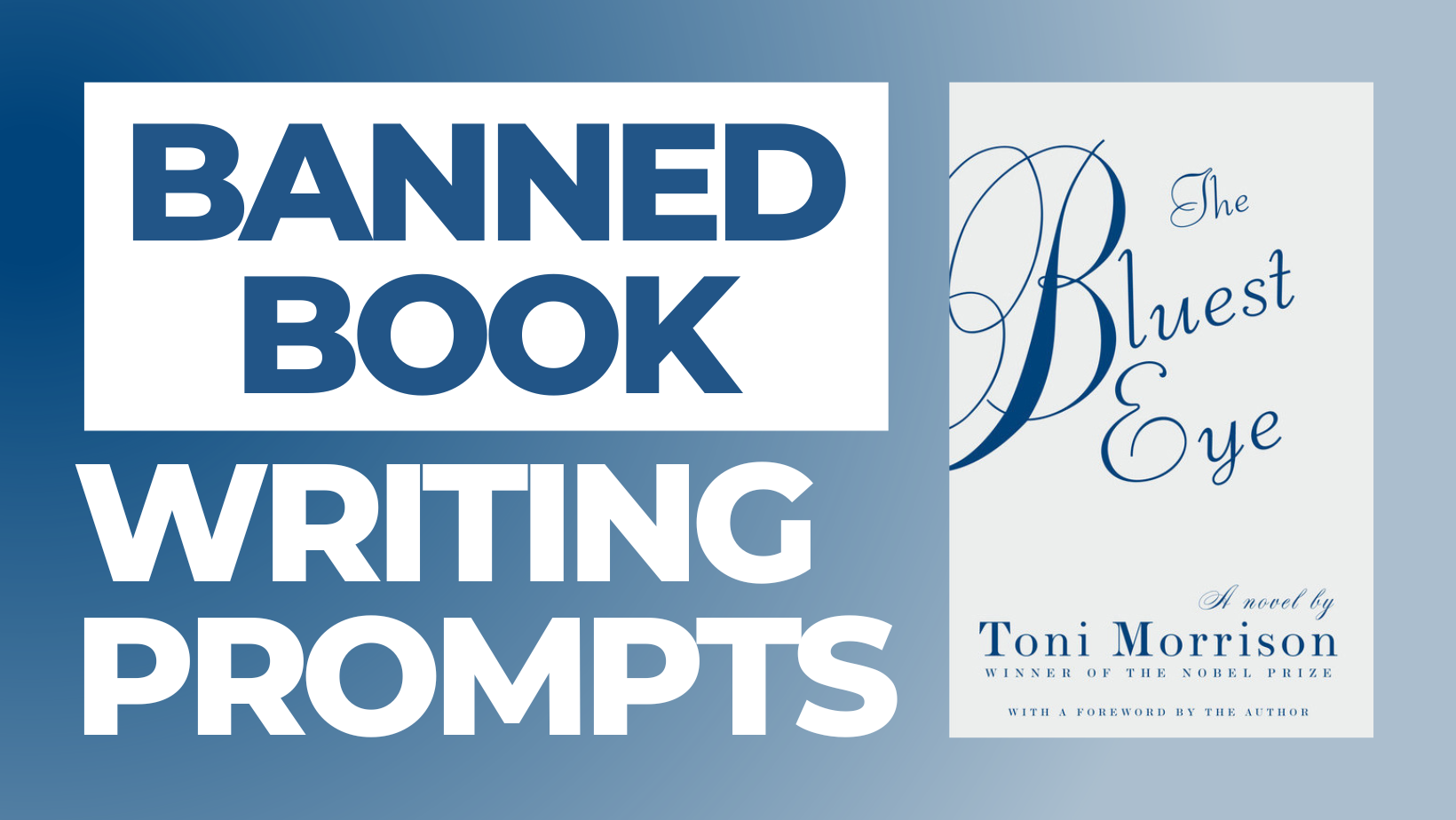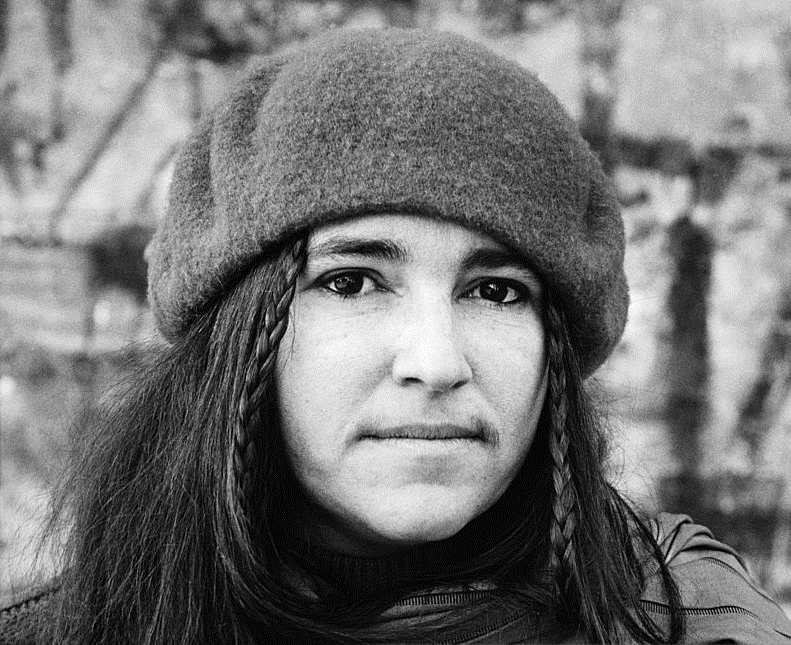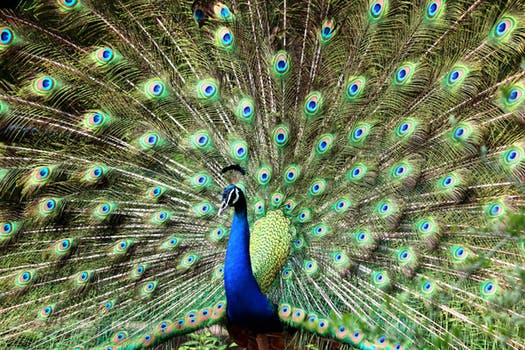In Banned Book Writing Prompts, a new series in Teachers & Writers Magazine, we aim to push back against the growing movement to censor what students can read and to show what happens when we enthusiastically embrace banned works rather than fear them. You can read an introduction to this series by Susan Karwoska here, and you can find more Banned Book Writing Prompts here.
I don’t remember how old I was when I read The Bluest Eye for the first time; I think that it was sometime during the first years of high school, possibly a little earlier. I discovered the book on my own, at the library, and when I discovered it I felt a keen sense of relief. It was a shocking book but also not surprising to me in many ways. Finally, here was someone talking about things that felt both familiar to me and impossible to talk about. The Bluest Eye felt like a book of important secrets, a book to be held carefully and delicately. I knew when I read it that it was a book about me and people like me; it was a book about our secrets. I recognized the poverty described in the novel, although I was not quite so poor as the characters. Most of all, I recognized the racism and its effects.
Books like The Bluest Eye gave me a language for pain or a way to talk about it when things hurt. Although I did not relate to all the particulars in the lives of Morrison’s characters, as a young Black girl I understood all too well Pecola Breedlove’s self-hatred, her confusion and shame in the face of racism; I also understood Claudia’s anger. I understood Pecola’s helpless desire for “blue eyes.” I understood what it felt like to want things and to feel helpless and to feel afraid. I knew what it felt like to be ignored. By showing me characters like Pecola, Morrison let me know that I was seen. She also let me know that I was not alone.
Finally, here was someone talking about things that felt both familiar to me and impossible to talk about. The Bluest Eye felt like a book of important secrets, a book to be held carefully and delicately.
Morrison offers us all a gift with characters like the ones in The Bluest Eye. Holding us tight with her gorgeous sensory language, Morrison leads us through the ugliness of her characters’ lives, gently forcing us to see and to understand why they are so ugly. We begin to question what ugliness means, and beauty, and resilience. We mourn the fates of little Black girls like Pecola and suddenly find ourselves mourning for her parents, for everyone, for ourselves. Morrison suggests that seeing, recognizing, and finding grace for characters such as the ones in The Bluest Eye is a path towards healing. In this most recent time of political division and sickness in the United States of America, books like The Bluest Eye serve as a reminder that we must continue to name what hurts and try to heal. We must try to really see and understand each other, the way Morrison forces us to understand why Pecola Breedlove goes mad at the end of the novel. How did Pecola Breedlove break? Why did she break? Who broke her? We need to keep asking these sorts of questions and to be willing to deal with the answers. We also have to practice grace. Without it, children cannot thrive and that, at the end of the day, is what we all want: we want all our children to thrive.

Writing Prompt 1
Rosemary Villanucci, our next-door friend who lives above her father’s cafe, sits in a 1939 Buick eating bread and butter. She rolls down the window to tell my sister Frieda and me that we can’t come in. We stare at her, wanting her bread, but more than that wanting to poke the arrogance out of her eyes and smash the pride of ownership that curls her chewing mouth. When she comes out of the car we will beat her up, make red marks on her white skin, and she will cry and ask us do we want her to pull her pants down. We will say no. We don’t know what we should feel or do if she does, but whenever she asks us, we know she is offering us something precious and that our own pride must be asserted by refusing to accept.
––from The Bluest Eye
In the excerpt above, Claudia MacTeer, Morrison’s 11-year-old narrator on occasion, describes more than Rosemary Villanucci through her characterization. The race, class, and gender politics of Claudia’s neighborhood are made quite plain by the way Claudia describes this encounter.
Think about a person you knew growing up who made you realize something about yourself. This could be a neighbor, friend, classmate, teacher, family member, or any other person who stands out in your memory.
Why do you remember this person in particular? How would you characterize this person? What do they look like? Where do you spend time with them or see them? Is there an activity or action you associate with this person? Is there a specific memory that you recall about this person? How did you feel about this person at the time the memory occurred? Why did you feel this way? How do you feel about this person now? What might your relationship with this person and your feelings about them suggest about you and the facts of your own life?
Write what you remember about your interaction/s with this person using the questions above to help guide you. Try using the present tense so that the memory you are describing feels more immediate.
Writing Prompt 2
But was it really like that? As painful as I remember? Only mildly. Or rather, it was a productive and fructifying pain. Love, thick and dark as Alaga syrup, eased up into that cracked window. I could smell it––taste it––sweet, musty, with an edge of wintergreen in its base––everywhere in that house. It stuck, along with my tongue, to the frosted windowpanes. It coated my chest, along with the salve, and when the flannel came undone in my sleep, the clear, sharp curves of air outlined its presence on my throat. And in the night, when my coughing was dry and tough, feet padded into the room, hands repinned the flannel, readjusted the quilt, and rested a moment on my forehead. So when I think of autumn, I think of somebody with hands who does not want me to die.
––from The Bluest Eye
In this excerpt, the narrator Claudia describes a time she got sick and her mother cared for her, carefully mapping out what love can be. Write a few paragraphs or a poem in which you describe an act of love you have experienced or witnessed in your life through sensory details and metaphors. What did this act of love look like? What did this love sound like? What did it taste like? What did it smell like? How did it feel? How would you compare this act of love to other kinds of love you’ve seen or experienced?
Writing Prompt 3
Consider the “why” of Pecola Breedlove’s fate. Then reflect on something significant that happened to you in your own life or in the life of someone you know. Think about all the reasons the story played out as it did, all the things that might have contributed to what happened. Write a poem in which each line begins with the word “Because…,” that lists all the things you can think of, both large and small, that contributed to the outcome you are describing.
Writing Prompt 4
Toni Morrison said that she wrote The Bluest Eye because it was the book she wanted to read but could not find. She gives advice to other readers and writers in the world: “If there is a book that you want to read, but it hasn’t been written yet, you must be the one to write it.”
What are the stories you want to read but cannot find? What are the stories you have found that have had a particular impact on you? Write about the story you have not found yet in books or about a story you found in a book that had a significant impact on you, and tell us why.
Books Unbanned e-library cards are available nationwide to teens and young adults, ages 13 and up, and allow access to the library’s full e-book collection, where you can find many of the titles written about in this series. You can apply for a Books Unbanned Library Card at the Brooklyn Public Library and the Seattle Public Library.
Amina Henry is a Brooklyn-based playwright and educator. Recent local productions include PS (Ars Nova), Little Rapes (The New Group/Long Island University), and The Johnsons (JACK). Her work has been produced, developed by, and/or presented by: Atlantic Theatre, The New Group, Clubbed Thumb, New Georges, The Flea, Page 73, Project Y Theatre, National Black Theater, Little Theater at Dixon Place, The Brooklyn Generator, The Brick, HERE Arts Center, The Cell: a 21st Century Salon, the Oregon Shakespeare Festival in the 2013 Black Swan Lab Series (Ashland, OR), Kitchen Dog Theater (Dallas, TX), and HERO Theatre (Los Angeles, CA), among other organizations. She was a 2017-18 recipient of the Lower Manhattan Cultural Council Space Residency and is a 2018 recipient of a space residency at Dixon Place. She is a member of the Women's Project 2022-24 Lab and an affiliate artist at New Georges. She is currently an adjunct lecturer at Brooklyn College and SUNY Albany. She is also a teaching artist for Teachers & Writers Collaborative and the Hunts Point Alliance for Children.




